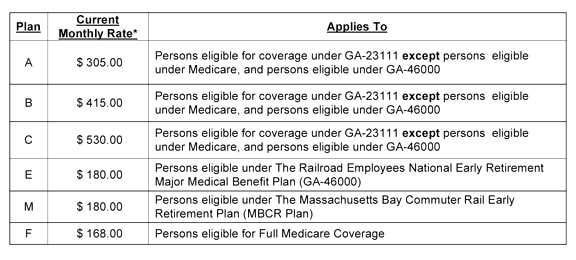By James Stem
UTU National Legislative Director
Alfred E. Newman, the not-very-bright Mad magazine character, had an expression shared today by too many Americans: “I am not sure who is running, and my vote won’t make a difference anyway.”
It is doubtful those harboring that opinion would give up their right to vote.
Our war for independence from Britain was about self-government. More recent struggles among women and minorities for the right to vote were equally hard fought.
Today, it is apathy among middle-class workers — not foreign troops, not intimidation at the polls, not laws — that threatens American democracy.
The wealthy and business leaders are more likely to vote than working families. By not going to the polls, working families put at risk their job security, workplace safety, paychecks, access to affordable health care and pensions.
If you are concerned that your work schedule or other conflict will hinder your ability to vote on Election Day, Nov. 2, most states allow you an option to vote early.
You can be sure that the wealthy and business leaders will vote — and vote for candidates who would undermine the financial security of working families.
Our ballot is equal to the ballot of every anti-labor business leader, but it is equal only if we vote.
I am asking you to pay attention to the economic well-being of your family and workplace safety. Ask your UTU local LR and UTU state legislative board for information on local, state and national candidates’ positions toward working families.
In the centerfold of the October issue of UTU News (which you should have received at your home) is a listing, by state, of labor-friendly candidates endorsed by the UTU. This listing is the result of months of research by state legislative boards, the UTU National Legislative Office and the AFL-CIO — based on interviews with the candidates and their responses to written questions.
The list of labor friendly candidates is also available by clicking the link at the end of this column.
Be proud of the middle class lifestyle your UTU contract supports, and consider voting for candidates who will put the interests of working families first.
If you have further questions, contact the UTU National Legislative Office via e-mail at utujm@msn.com, or call us at (202) 543-7714.
Don’t allow others to determine your future. Vote!
To view the list of labor-friendly candidates, click on the following link:
https://static.smart-union.org/worksite/PDFs/2010_cong_endorsements.pdf
